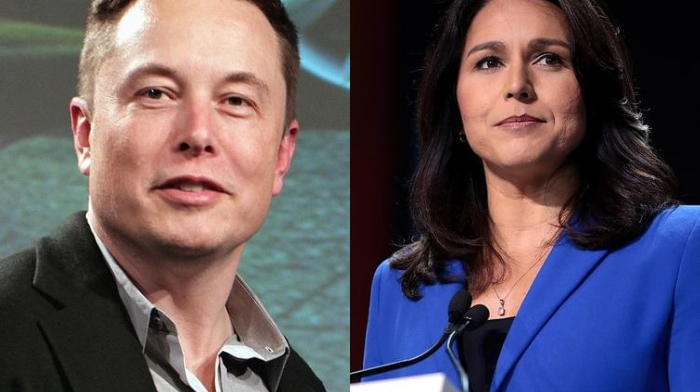Almost everyone in the media covered it. Using almost the same exact headline. In one instance, the 2.5 years was replaced by 30 months.
This was meant to be a big thing. After all, retail investors, who have been infatuated with small caps are finally starting to step back.
But then you step back and ask yourself, does an outflow of ₹94 crores (not a typo error), actually mean much given the total money under management in these funds is a cool ₹2,43,368 crores? Well, if you are an optimist, you could call this a start. If you are a realist, then, this is a joke. Not a headline.
You see, hidden in the numbers released by AMFI, is another development, which is truly worth taking note of. I have spoken about this in an earlier edition of Contramoney: Investors start to shun small- and midcaps, but then fall for another poor idea. This was published on 10th February, earlier this year.
By then it was clear that fund flows into smallcap and midcap funds was slowing sharply. But there was another emerging trend, which was worrying.
That was the enthusiasm for sectoral/thematic funds. Here’s a data point that should make you sit up and take note. In March 2024, when investors withdrew ₹94 crores from small-cap funds, they piled on ₹7,918 crores into sectoral and thematic funds! The worrying trend has taken hold. It’s as if the retail investor is saying… I am done with the excitement with small caps, give me something else now!
Not surprisingly, the mutual fund industry is obliging. On 24 February, I wrote in ‘How mutual funds are tapping into the bull market’, how there was a rush to launch thematic and sectoral funds.
Anyway, back to the March 2024 numbers. Here’s an interesting data point. If you add up all the racy funds – dedicated midcap, dedicated smallcap, and the sectoral/thematic funds, they accounted for 39.1% of all inflows into equity funds.
Now, this is down from 46.5% in January 2024, and more-or-less in line with 41.3% recorded in March 2023. (These numbers of course hide the fact that in July 2023, 97.4% of all the monies mobilised by the mutual fund sector, in equity funds, went into these racy funds. Talk about peak greed!)
No matter how you look at the number, it’s clear that the retail investor continues to chase the racy segment of the market disproportionately. While this approach has largely worked in recent times (aside from the big bumps now and then), the question that needs to be asked is whether it is a sensible approach.
My take on this has always been, it is not.
You see, I prefer to find a fund management team that makes the cut, and then leave it to them to decide where to invest. As against constraining them to invest only in one particular segment or theme. This allows them to move money to the best available opportunity at any point in time.
Sure, if you are a sophisticated investor (most are not, fyi) you could theoretically time your entry and exit into various themes and segments and thereby make an extraordinary return. But we all know how that works out in the end.
The other aspect of this is whether all this risk of trying to earn a higher return is worth it? Here’s the max tenure (not cherrypicked!) chart from TradingView comparing the BSE Sensex vs the BSE Midcap vs the BSE SmallCap.

View Full Image
As you can see, over the very long term, there’s not a whole lot of difference. Now, I am not saying for one moment that there is no money to be made in smallcap and midcaps. Not at all. These can be great opportunities as well. But then, if you gave your fund manager flexibility to invest, you would have exposure to them in any case.
Yet, as the data indicates, a large chunk of money continues to be focused on racy funds. And the fact that smallcap fund flows turned negative, is really not the story.
The real sad story here is that the retail investor has found yet another investment idea that has a long history of generally disappointing investors.
But who knows, this time it may be different. Or perhaps the retail investor will time entry and exit to perfection and come out ahead.
Anything is possible. I, however, am not betting on a positive outcome.
Rahul Goel is the former CEO of Equitymaster. You can tweet to him @rahulgoel477.
You should always consult your personal investment advisor/wealth manager before making any decisions.















